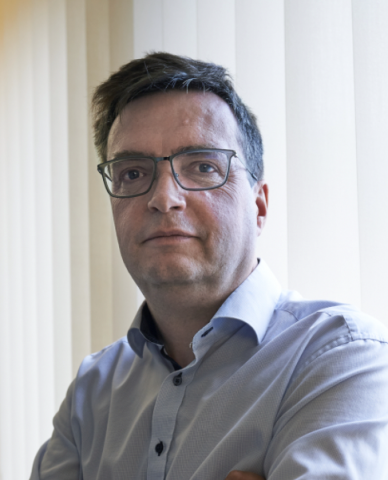CERN’s industrial suppliers are crucial to advancing its scientific mission. It is through successful collaborations with businesses across a variety of industries that advancements in accelerators, detectors, computing and many other areas become realities.
It is often stated that CERN is a city within a city, and this requires efficient services of all types from a myriad of suppliers in order to function. Moreover, it is its extraordinary engineering works that enable CERN to be at the pinnacle of fundamental science and thus deliver impact through innovation.
Procurement of supplies and services is thus central to CERN’s operation and advancement. Furthermore, it remains a fundamental aspect of CERN’s economic impact across its Member and Associate Member States. There are many laudable reasons why a given country may be motivated to be part of the CERN family, but it is clear that industrial return is a key motivator in many Member States due to its economic impact, as CERN spends nearly half of its annual budget on procurement over a wide range of goods and services.
Procurement provides not only direct financial returns, but also an opportunity to grow and learn. Indeed, CERN’s Procurement group is in charge of building, developing and maintaining relations with industry and hence creating conditions for technological watch within the Member States. This mutually beneficial relationship is fostered by CERN’s knowledge transfer activities, thanks to which firms can utilise CERN know-how and technologies for their own innovation.
In order to promote their national industries, Member States have traditionally organised targeted events called Industrial Days@CERN. Not only are these events vital in matching industry capabilities, know-how and innovation with CERN projects and needs, but they are also essential elements for a balanced industrial return across the Member States. During the pandemic, many of these events have taken place virtually, though we do hope that on-site events may again be possible in the future.
The organisation of these events is a demonstration of our dedication to the interests of our Member States and requires commitment from all members of the CERN personnel, from the top management to the technical experts. It is also an opportunity for us to challenge our pre-conceptions about industry in the Member States, which is important to diversify our pool of suppliers and balance returns.
Going forward, I hope to see us hold more and more focused events, related to a given theme or to a specific event, drawing industry from across the Member States. This should also focus the events for CERN experts, since the objective of such events is to develop contacts and match companies with the relevant CERN technical counterparts and procurement officers, in order to address the upcoming challenges and requirements at CERN.

